Julen Urain
Researcher in Robot Learning
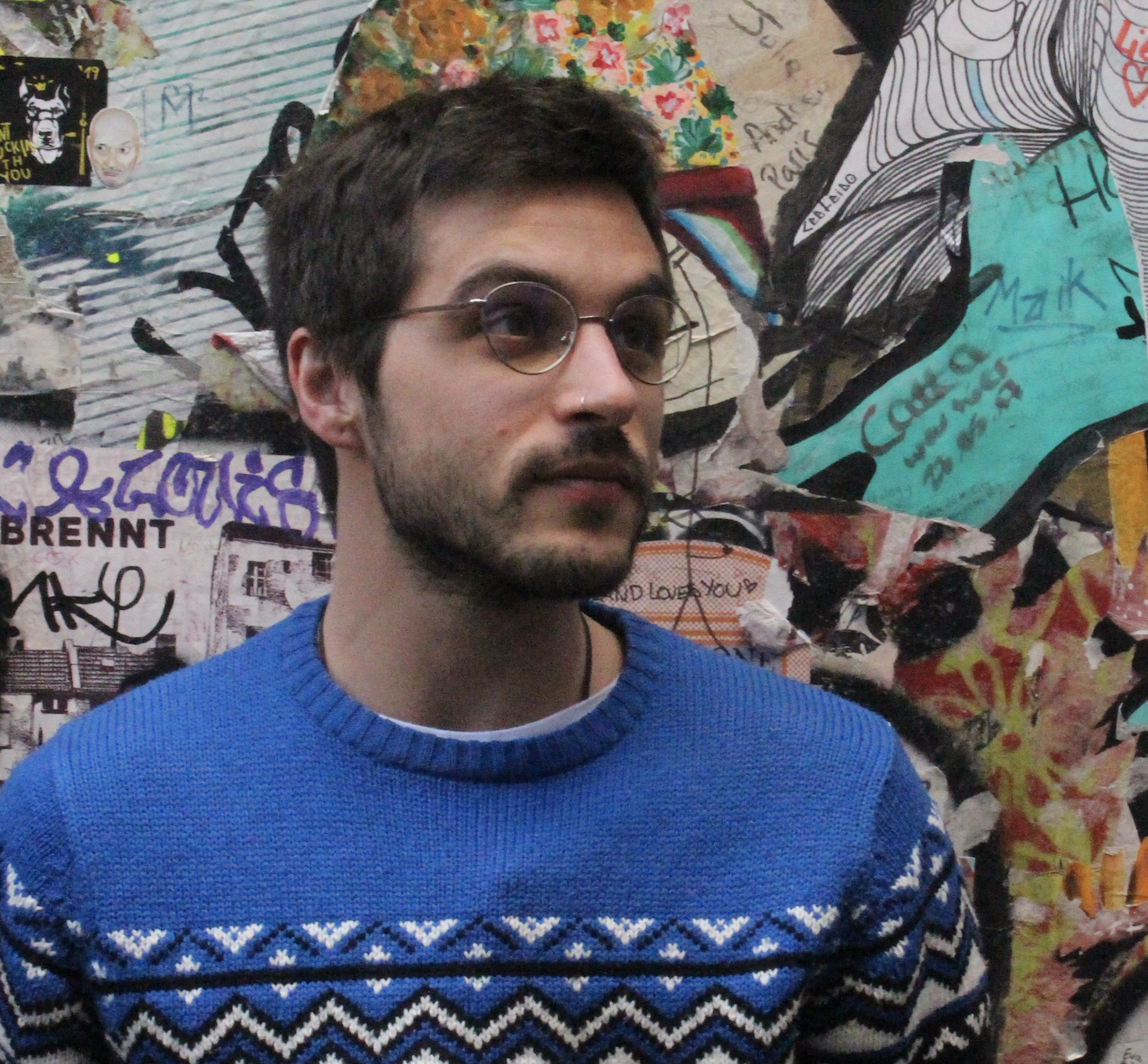
I am a researcher in Robot Learning. Previously, I was a Research Scientist in the Robotics group led by Jitendra Malik at META FAIR. Before that, I was a postdoctoral researcher at the Intelligent Autonomous Systems lab (IAS) and the DFKI. I received my PhD in Computer Science with summa cum laude from TU Darmstadt under the supervision of Prof. Jan Peters. Previously, I interned as a researcher in Nvidia’s Seattle Robotics Lab (SRL). My research have received several awards including several best paper awards and I was finalist for the George Giralt PhD award. I was honoured to be selected as an R:SS Pioneer in 2023.
I am particularly interested in figuring out the foundations for building generalist robots. I think that this goal can be only achieved by figuring out novel strategies to scale the available data for robotics and finding novel algorithmic and architectural elements to enhance the generalization of our systems. In this direction, I explore the combination of fields such as deep generative models, 3D robot learning, learning from video, and optimization.
If you have any questions / want to collaborate, feel free to send me an email! I am always excited to learn more by talking with people. Please include “HEYJULEN” in the subject of the email so that I don’t miss it.
Contact: julen [at] robot-learning [dot] de
Follow: Google Scholar GitHub Twitter
news
| Jan 06, 2025 | I just joined Meta’s FAIR as a research scientist. I will be working in dexterous manipulation :) |
|---|---|
| Jul 20, 2024 | We won Best Paper Award in Structural Priors as Inductive Biases for Learning Robot Dynamics at RSS 2024 for our work on ActionFlows. |
| Feb 07, 2024 | I have been selected as finalist for the George Girault Ph.D. award!! Europe’s highest honor for a robotics dissertation |
| Dec 18, 2023 | I succesfully defended my Ph.D with Suma Cum Laude |
| Jun 02, 2023 | We won Best Paper Award in Geometric Representations Workshop at ICRA 2023 for our work on SE(3) DiffusionFields. |
selected publications
-
 A Survey on Deep Generative Models for Robot Learning from Multimodal DemonstrationsTRO, 2025
A Survey on Deep Generative Models for Robot Learning from Multimodal DemonstrationsTRO, 2025 -
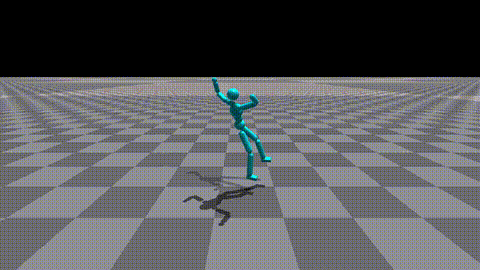 Noise-conditioned Energy-based Annealed Rewards (NEAR): A Generative Framework for Imitation Learning from ObservationICLR, 2025
Noise-conditioned Energy-based Annealed Rewards (NEAR): A Generative Framework for Imitation Learning from ObservationICLR, 2025 -
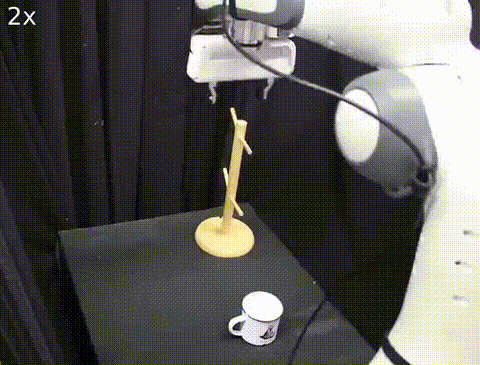 Actionflow: Equivariant, accurate, and efficient policies with spatially symmetric flow matchingpre-print, 2024
Actionflow: Equivariant, accurate, and efficient policies with spatially symmetric flow matchingpre-print, 2024 -
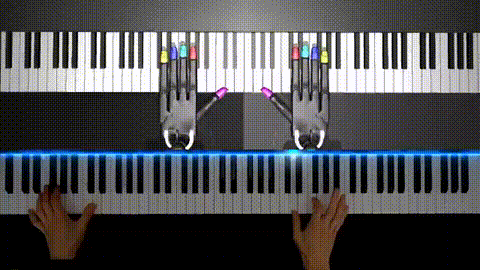 PianoMime: Learning a Generalist, Dexterous Piano Player from Internet DemonstrationsCORL, 2024
PianoMime: Learning a Generalist, Dexterous Piano Player from Internet DemonstrationsCORL, 2024 -
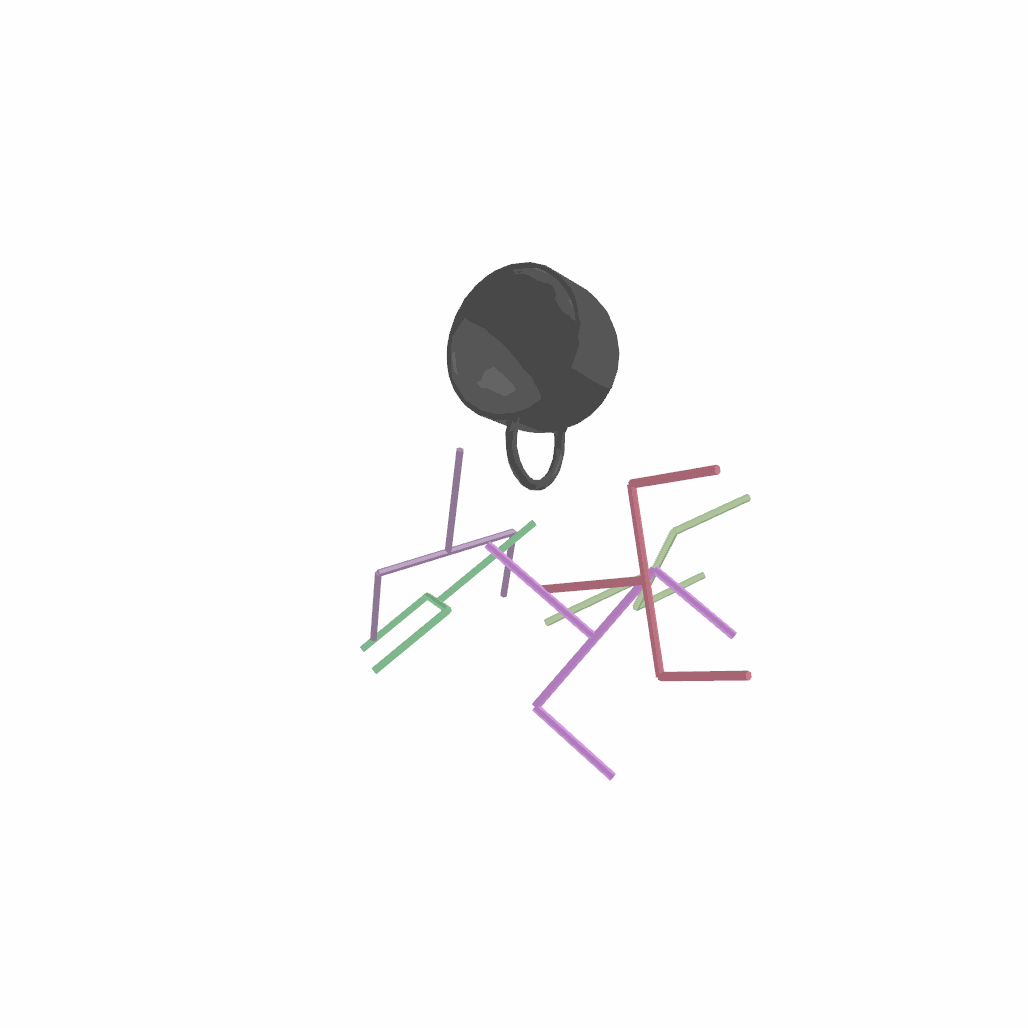 SE(3)-DiffusionFields: Learning smooth cost functions for joint grasp and motion optimization through diffusionICRA, 2023
SE(3)-DiffusionFields: Learning smooth cost functions for joint grasp and motion optimization through diffusionICRA, 2023 -
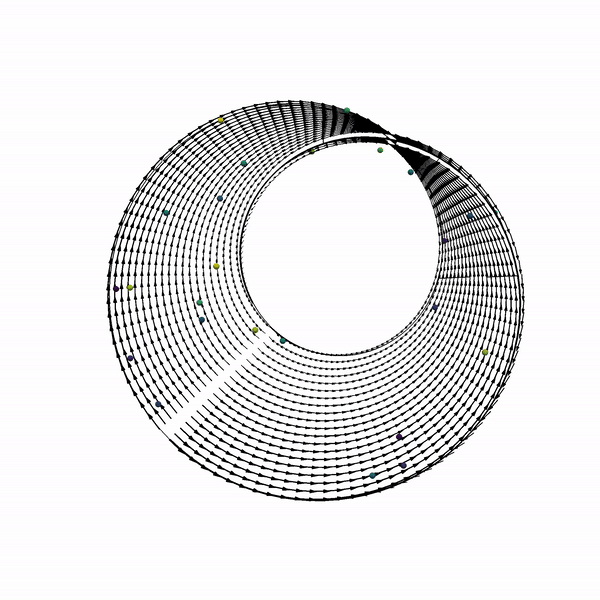
-
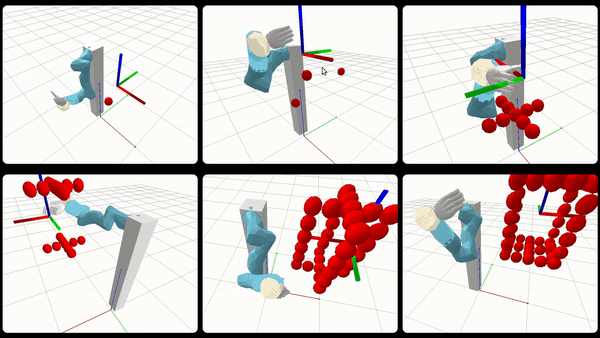 Composable Energy Policies for Reactive Motion Generation and Reinforcement LearningR:SS / IJRR, 2021
Composable Energy Policies for Reactive Motion Generation and Reinforcement LearningR:SS / IJRR, 2021 -
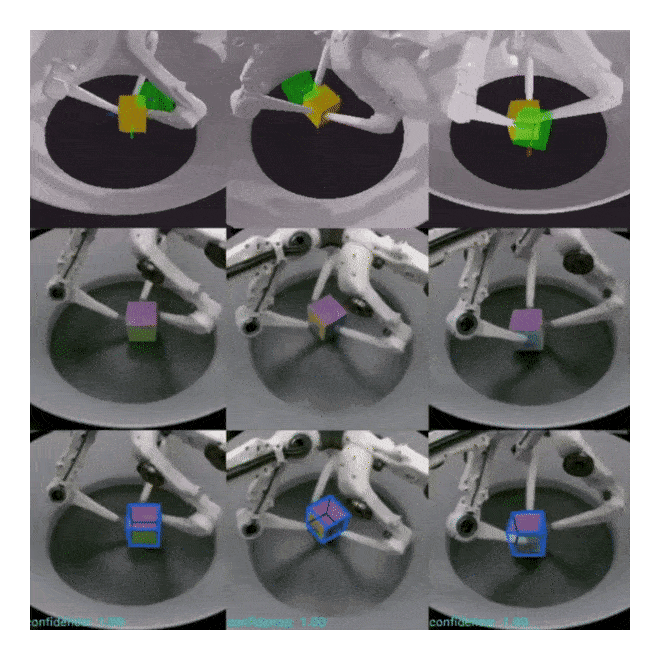 Benchmarking Structured Policies and Policy Optimization for Real-World Dexterous Object ManipulationRA-L, 2021
Benchmarking Structured Policies and Policy Optimization for Real-World Dexterous Object ManipulationRA-L, 2021